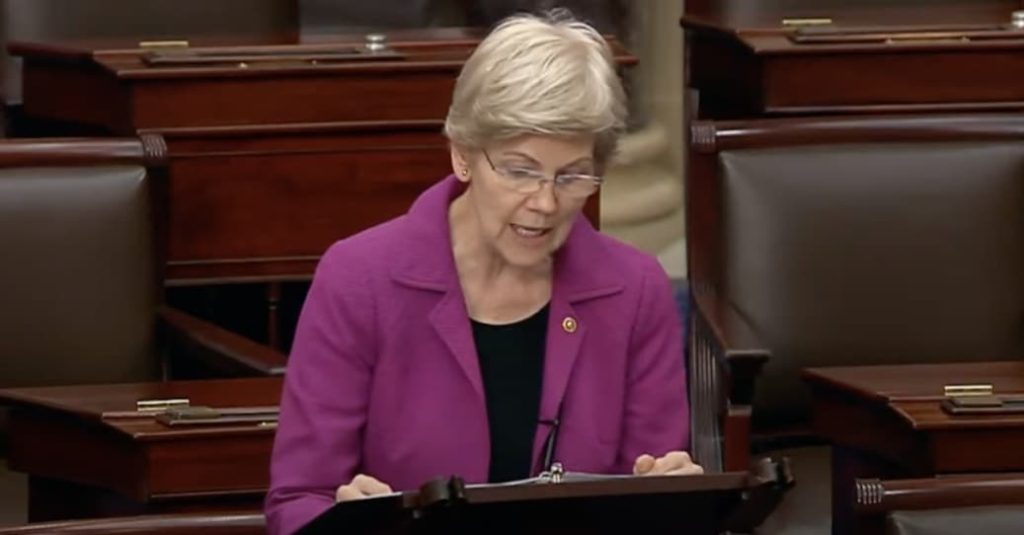Crypto-supportive litigator John Deaton has raised an impressive $1.36 million for his campaign bid to displace Massachusetts Senator Elizabeth Warren in Parliament. This fundraising total surpasses Warren’s own fundraising efforts of $1.1 million in the first quarter. Deaton has garnered support from prominent figures in the crypto industry such as Ripple executives Brad Garlinghouse, Chris Larsen, Cameron and Tyler Winklevoss, Charles Hoskinson, Jameson Lopp, and Anthony Scaramucci. Donors, including Garlinghouse, Larsen, Scaramucci, and the Winklevoss twins, have contributed the maximum donation amount of $6600 to support Deaton’s campaign, highlighting the strong backing he has from the crypto community.
Warren had previously issued warnings about Deaton’s corporate funding, indicating that he would be supported by powerful special interests, Wall Street, and the GOP. Deaton’s history with the crypto industry is well-established, notably representing 75,000 XRP holders in a successful lawsuit against the Securities and Exchange Commission (SEC). He has been critical of the SEC’s treatment of the crypto industry in high-profile cases, such as the fight with Grayscale, which led to the SEC allowing Bitcoin spot ETFs to trade. Warren and Deaton also hold differing views on other partisan issues, including student loan forgiveness, the migrant crisis, and Federal Reserve monetary policy.
Deaton’s fundraising success and strong support from the crypto industry have raised speculation about whether Elizabeth Warren is worried about losing her seat in Parliament. Despite the competition, Deaton remains confident in his campaign, expressing his determination to overcome the odds as an underdog. Warren has reportedly mentioned Deaton by name in emails to supporters, acknowledging him as a serious threat to her seat. Deaton has made it clear that he intends to reclaim the seat and is prepared to compete against the powerful special interests backing his opponent.
As the campaign progresses, the clash between Warren and Deaton on various issues will likely intensify. Their opposing views on crypto regulation, financial policies, and other partisan topics will be scrutinized by voters in Massachusetts. Deaton’s background as a litigator with a focus on crypto-related cases could appeal to voters who align with his stance on economic and regulatory matters. Warren’s established political career and progressive platform will also be key factors in the race, as she seeks to defend her seat against a formidable challenger in Deaton, who has quickly gained momentum in terms of fundraising and support.
The support Deaton has received from prominent figures in the crypto industry underscores the growing influence of this sector in the political landscape. His campaign’s fundraising success demonstrates the increasing importance of digital assets and blockchain technology in shaping political campaigns and policy decisions. Warren’s response to Deaton’s campaign will likely reflect her approach to engaging with the crypto community and addressing the concerns of constituents who support these emerging technologies. The outcome of the race between Warren and Deaton could have broader implications for how the crypto industry is perceived and regulated at the federal level, highlighting the intersection of finance, technology, and politics in the digital age.













